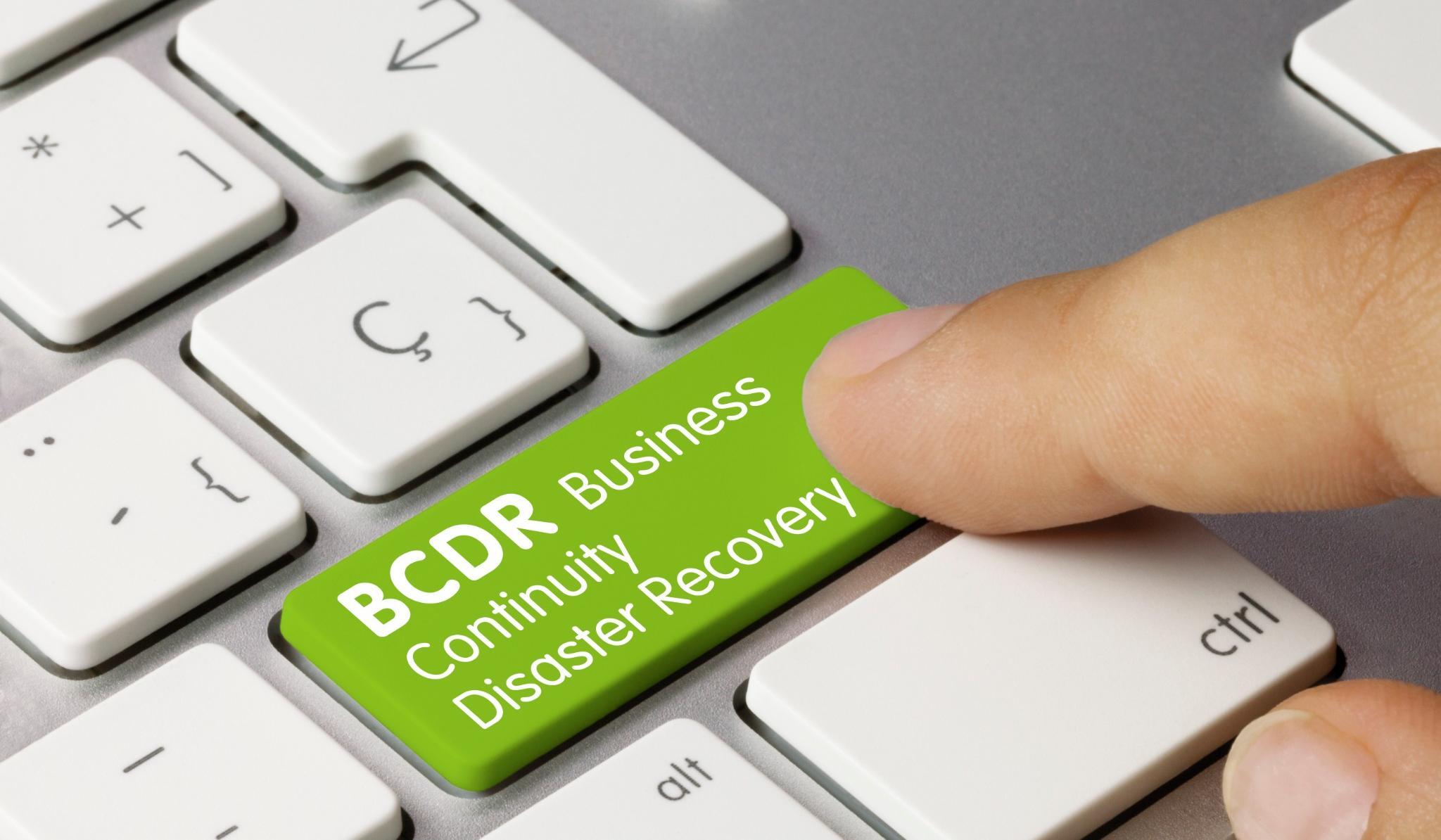Your business should rethink its business continuity plan, here’s why.
Organisations have long been aware of the importance of business continuity, from as early as the 1970s, offsite storage and recovery centres emerged...
2 min read
Harriet Oliver : Updated on August 12, 2025
A Business Continuity Plan is a practical guide developed to ensure the continuity of critical IT operations during major disruptions—such as cyberattacks, data loss, power outages, or even extended remote work scenarios like those seen during a global lockdown.
IT business continuity planning involves assessing the impact of disrupted systems, applications, and data access, and determining recovery strategies that align with business priorities and technical dependencies. Business continuity plans should always be documented and tested through exercises for optimal effectiveness.
The goal of a business continuity plan is to strengthen the defence of businesses against various potential disruptions. It also aims to maintain critical business functions during unforeseen disasters. For IT, it's to maintain uptime and availability of critical IT systems and services during unexpected disruptions, minimising data loss and downtime.
Before you start building your BCP, it’s important to read and reread the essentials of a Business Continuity Plan:
So the steps of building a business continuity plan are as follows:
Fitzrovia IT specialises in developing comprehensive Business Continuity and Disaster Recovery (BCDR) strategies tailored to your organisation's needs. We design and implement robust continuity plans and support them with services such as tabletop exercises, controlled drills, and full-scale simulations. These exercises rigorously test your IT infrastructure and operational readiness, ensuring your business can respond effectively to disruptions.
Our end-to-end BCDR solutions help safeguard your critical systems, minimise downtime, and keep your operations running smoothly under any circumstances.
Contact us to discuss setting your business up with a Business Continuity Plan.

Organisations have long been aware of the importance of business continuity, from as early as the 1970s, offsite storage and recovery centres emerged...

Business Continuity and Disaster Recovery (BCDR) are a set of closely related practices that support an organisation’s ability to remain operational...

In the wake of the pandemic, the global workforce underwent a seismic shift towards remote work. What was once a trend gradually gaining momentum...